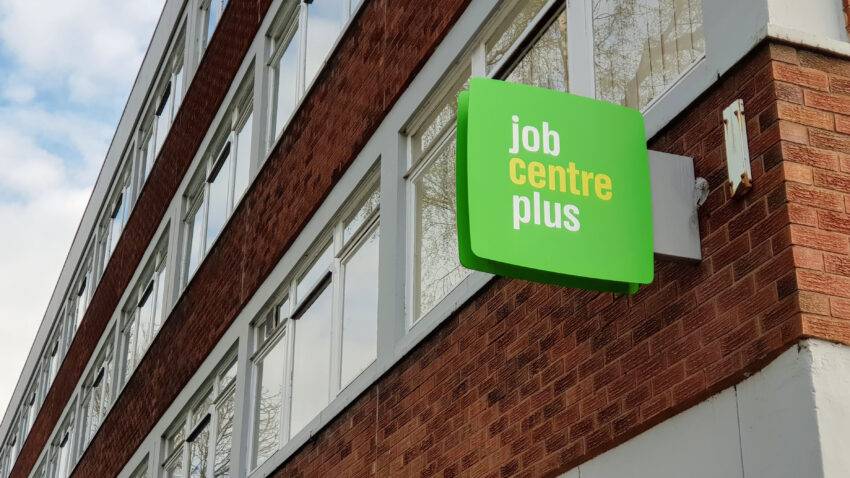
The number of UK households where no adult has ever worked has reached a 12-year high, highlighting a deepening labour crisis that experts warn is stifling Britain’s economic growth.
In the first quarter of this year, there were 269,000 non-student households where no adult had ever been employed, the highest figure since spring 2012, according to the Office for National Statistics (ONS). This marks a 12% increase from the same period last year.
Between January and March, 4.3 million 16 to 64-year-olds lived in households where no adult was employed, nearly 300,000 more than at the end of last year and the highest total in seven years.
This alarming trend is part of a broader worklessness crisis that threatens to cripple the UK’s growth as Prime Minister Rishi Sunak prepares for a general election in July. Nationally, 9.4 million working-age adults were economically inactive at the start of the year, neither employed nor seeking work. This figure is up by 832,000 compared to pre-pandemic levels.
Sir Jacob Rees-Mogg, Conservative MP and former Business Secretary, described high levels of economic inactivity as a “huge problem” for the country. He emphasised that non-working individuals do not contribute to GDP growth, reducing the state’s capacity to fund tax cuts or public services. This situation, he argued, fuels calls for increased migration to fill labour shortages.
Tony Wilson, Director of the Institute for Employment Studies (IES), suggested that the rise in jobless households is likely driven by increased worklessness among young people. Recent data indicated that the number of 16 to 24-year-olds not in education, employment, or training (NEETs) reached a nine-year high of 900,000 at the start of this year, an 18% increase from pre-pandemic levels.
Wilson warned that prolonged periods out of work and education during youth can cause lasting harm, both to the individuals affected and to society and the economy. He highlighted that young people who remain out of the workforce long-term are more likely to suffer from poor health, lower incomes, and disadvantage their own children.
In response to the crisis, Prime Minister Sunak has pledged to introduce National Service for 18-year-olds. However, Wilson criticised the plan, arguing that it would divert funds from existing programmes designed to help economically inactive individuals re-enter the workforce. The proposed scheme, estimated to cost £2.5 billion, would be primarily funded by the UK Shared Prosperity Fund, which supports community organisations.
As the labour crisis deepens, addressing the root causes of economic inactivity and providing targeted support for young people and other vulnerable groups will be crucial for sustaining the UK’s economic growth and societal well-being.